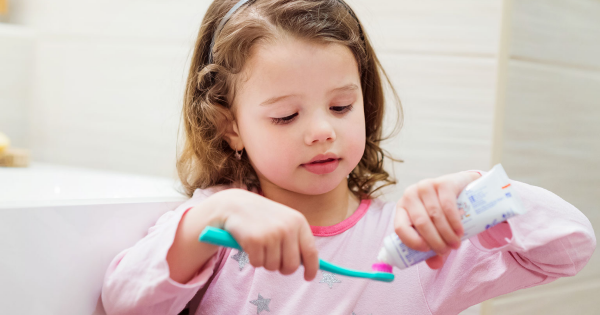It’s our duty as parents to show our kids how to maintain proper oral hygiene. Sometimes kids may not like brushing their teeth or might want to rush through the process. Besides taking them to the local pediatric dentist when the situation calls for it, here are more tips for helping your kids brush their teeth properly so they have healthy teeth.
Don’t Compromise
You should never compromise on the subject of brushing teeth. You can be gentle when teaching your kids to develop the habit, but always be firm. Your kids will be able to pick up on how important it is to brush their teeth. So, even if they complain about wanting to watch TV instead of brushing their teeth, they’ll eventually get used to the idea that it’s a necessary part of life.
Teach Them More About Their Teeth
Perhaps your kids think that their baby teeth are not important because they will just fall out anyway. You can talk to them about the role of baby teeth and why they need to be taken care of. The truth is baby teeth act as placeholders for adult teeth. If they fall out too early, this leads to problems with adult teeth, such as overcrowding. Brushing them at least twice a day is important to avoid decay. You can also get your local pediatric dentist to confirm this on your child’s next visit.
Brush Your Teeth Alongside Your Child
Kids learn a lot from watching their parents, and your child can also learn the essentials of brushing their teeth if you share this activity with them. When brushing your teeth, you can pause and take the time to show your child the proper technique. For instance, the toothbrush must be placed at a 45-degree angle to the gums.
Remind your child to use gentle strokes so as not to damage their gums. If they forget, remind them to not only brush the outer surfaces but to pay attention to the inner surfaces, the tongue, and the roof of the mouth.
Teach Them How to Floss
Brushing teeth and flossing go hand in hand, so you should also teach your kids how to floss. Ideally, they should floss at least once a day. It helps if your child understands the importance of flossing. You can explain that flossing helps prevent the build-up of plaque when food settles between teeth.
Pick the Right Toothbrush
Brushing teeth properly requires a quality toothbrush. When helping your child establish a good dental hygiene routine, it’s important to get them a toothbrush that’s the right size for them and has soft bristles. Your child should be able to have a good grip on it. While the final choice rests with you, gently guide your child and help them pick a toothbrush they like.
This will get them excited about brushing their teeth. The good news is there are a variety of toothbrushes on the market with fun themes that will delight your child. For instance, you can get them a Mickey Mouse toothbrush or one that depicts their favorite superhero.
Pick the Right Toothpaste
It’s important to choose a child-friendly toothpaste. If they are still very young, and likely to swallow, you can get them a fluoride-free toothpaste that’s safe when a small amount is swallowed. Similar to toothbrushes, you’ll find a variety of kid-friendly toothpaste on the market.
They come in all sorts of colors and flavors, which means your child is bound to have a toothpaste they love to use. If they think mint tastes gross, you can let them choose their own flavor. Flavors like bubblegum and strawberry have proven to be very popular. These toothpastes usually have mild flavors that won’t create a burning sensation or overwhelm your child’s tastebuds.
One last thing: you should also teach your child the right amount of toothpaste to squeeze onto their toothbrush. For young kids, the rule of thumb is a pea-sized amount. This can be even less if your child is under three years old.
Teaching your child about brushing teeth helps them develop good dental habits that will serve them for the rest of their life. The good news is you don’t have to do it on your own. Your local pediatric dentist is always available to help. They can provide you with helpful recommendations that will benefit both you and your child.

